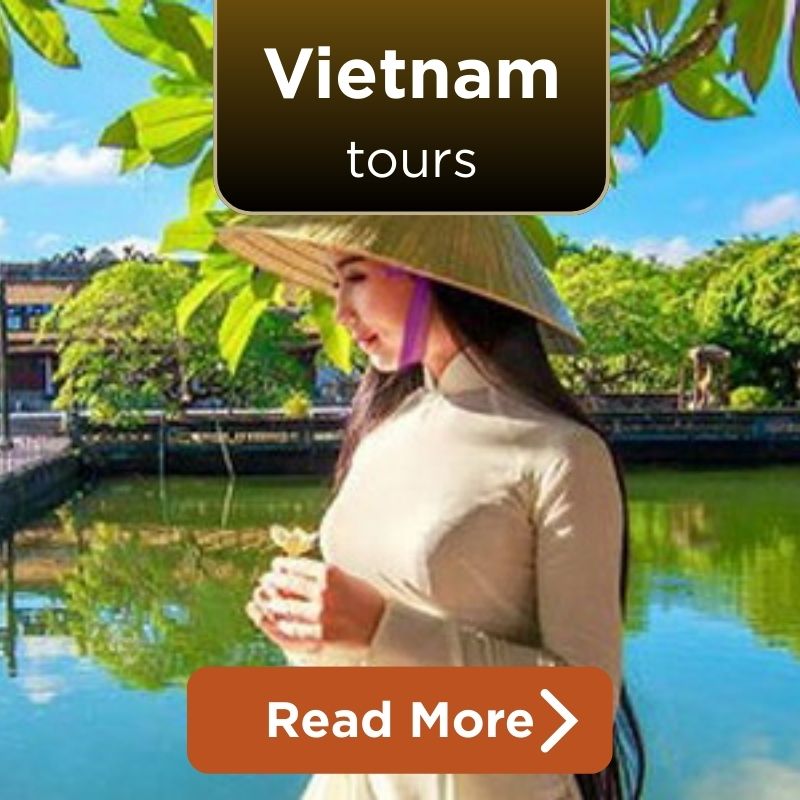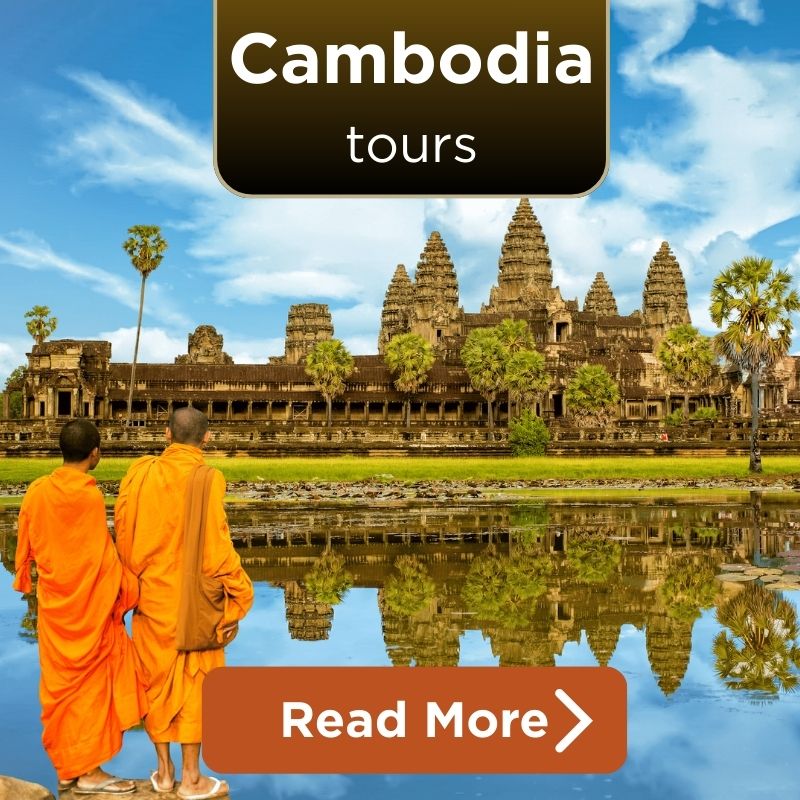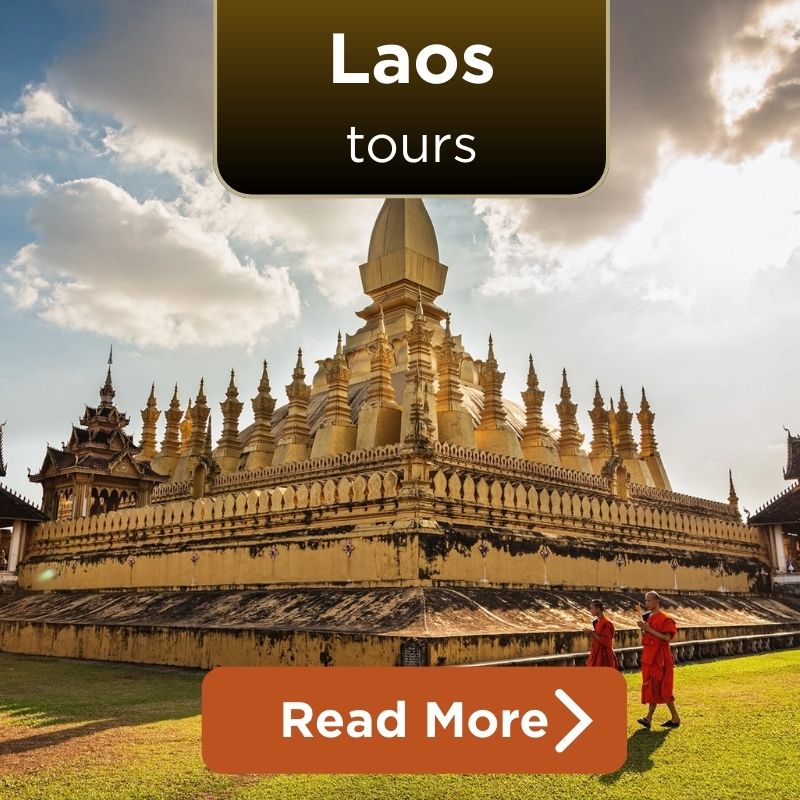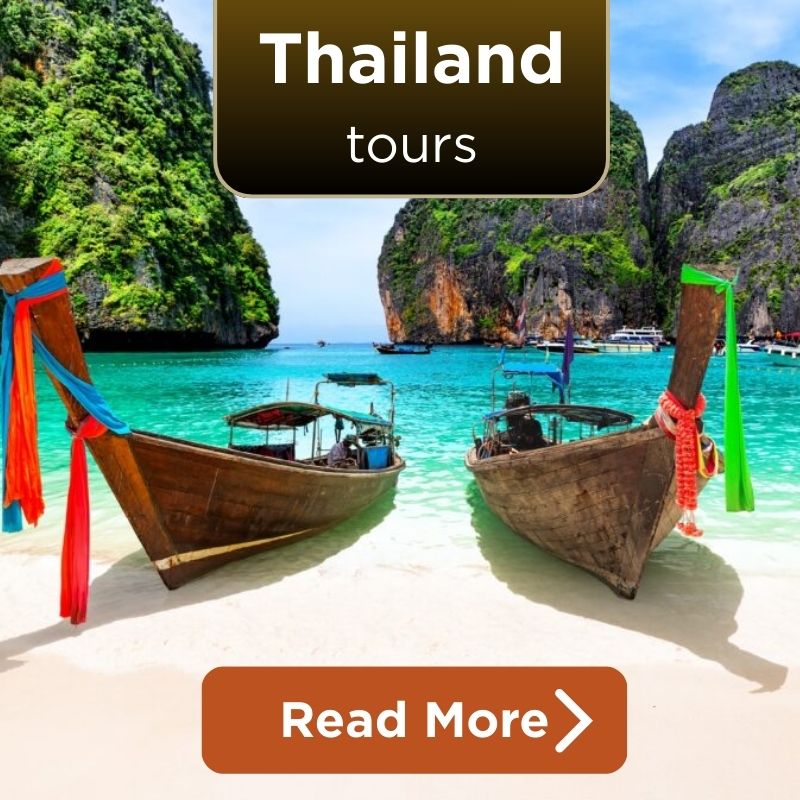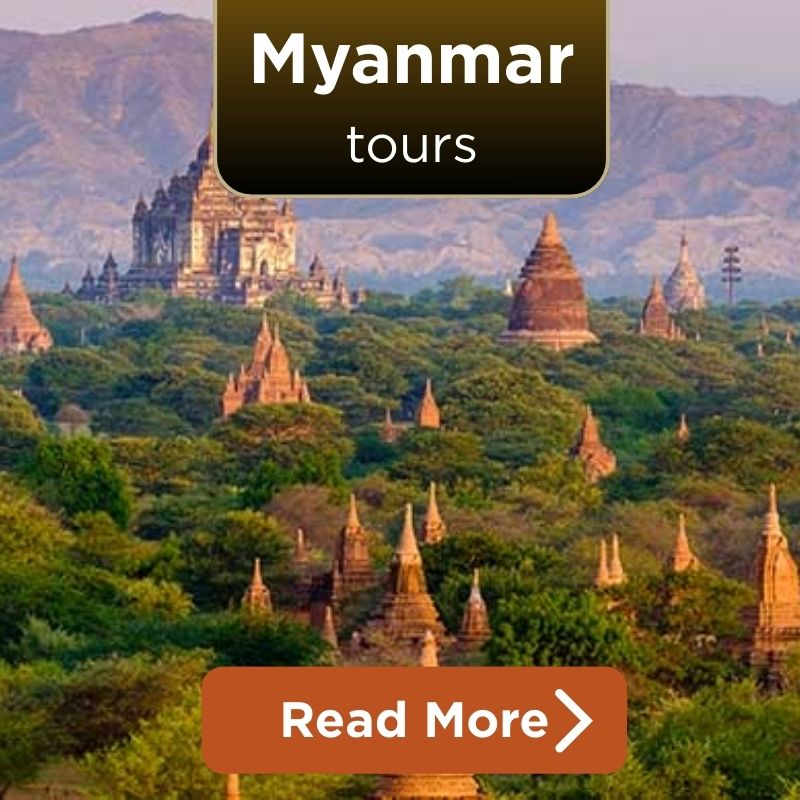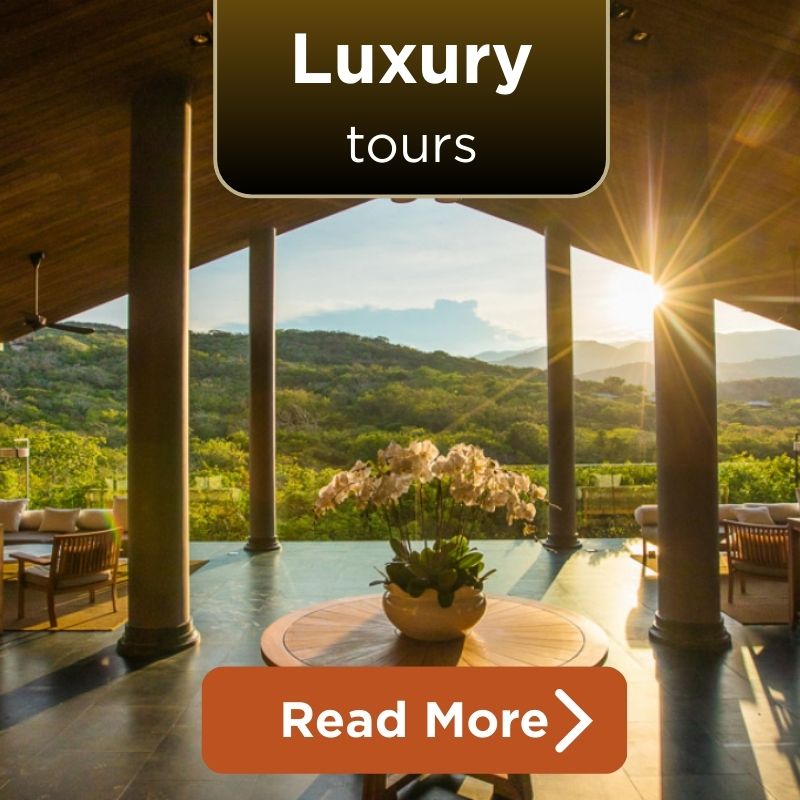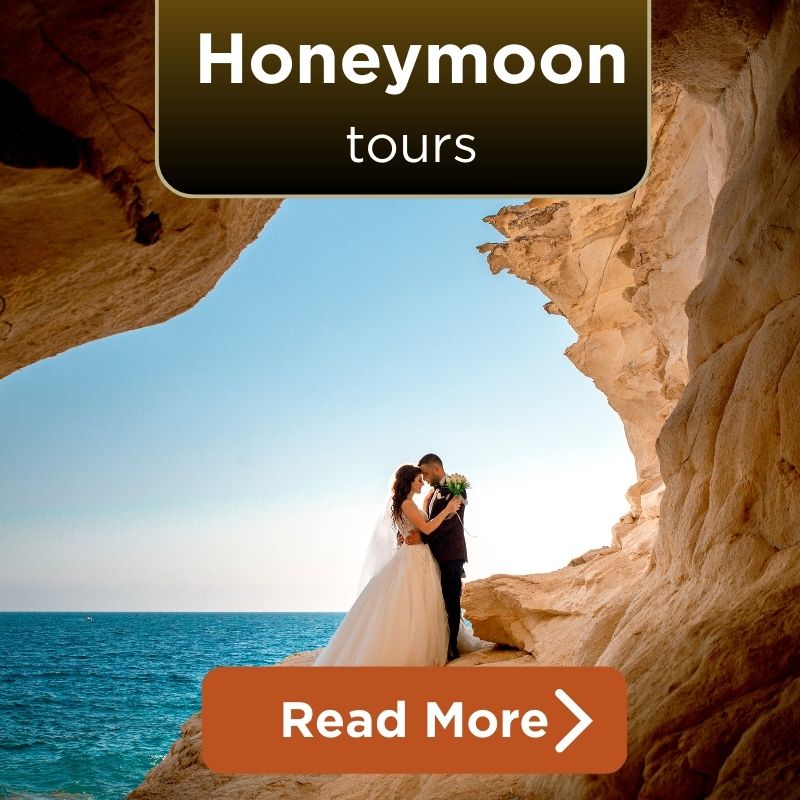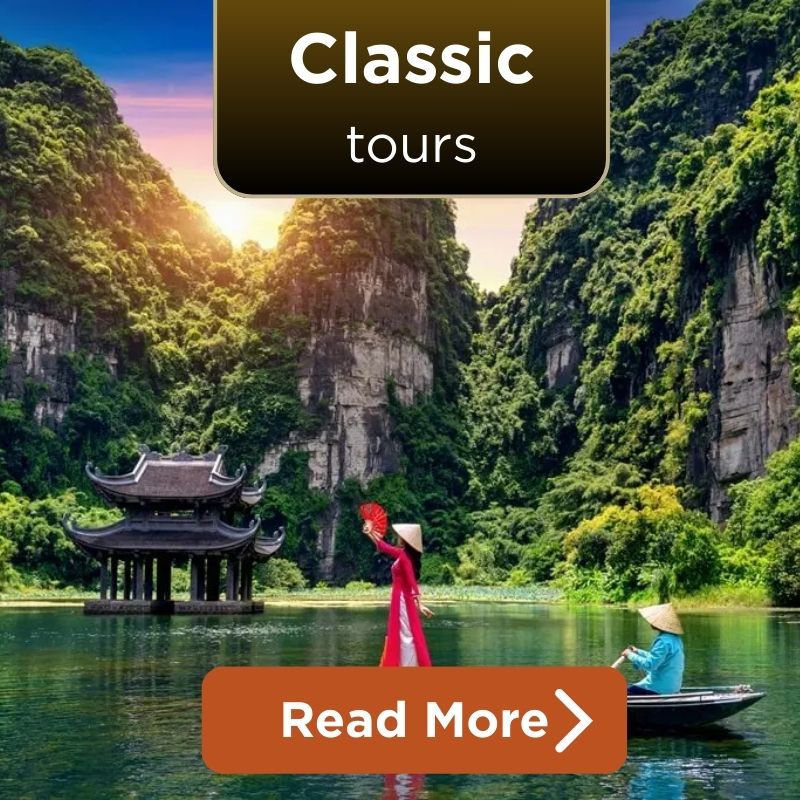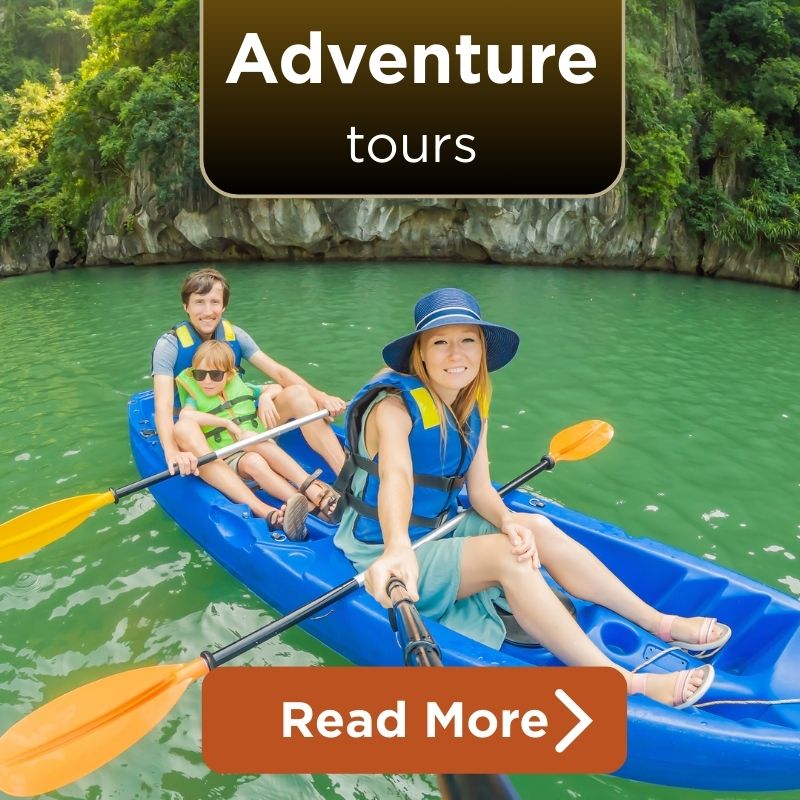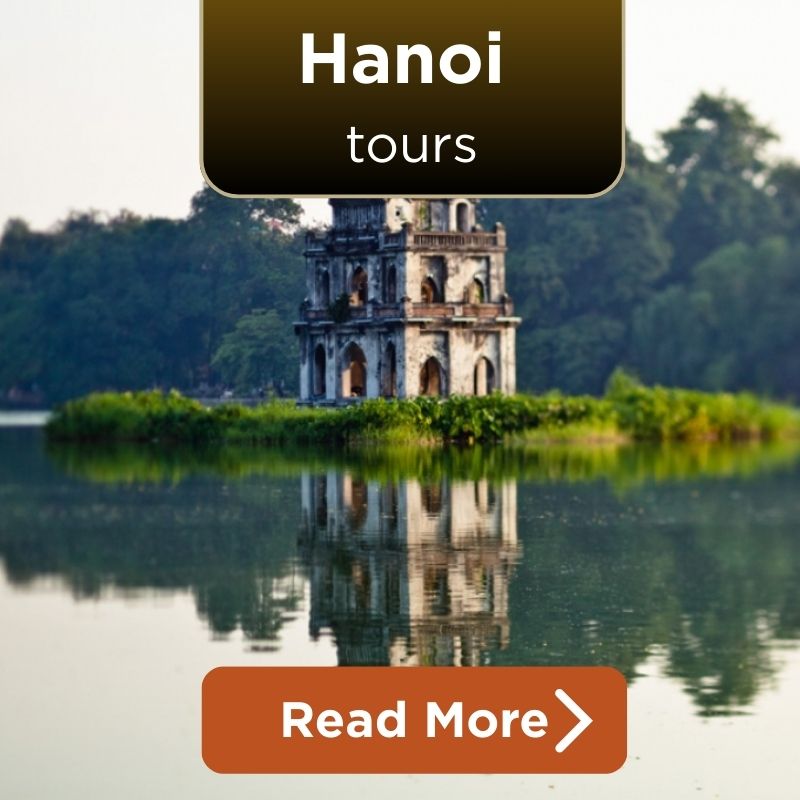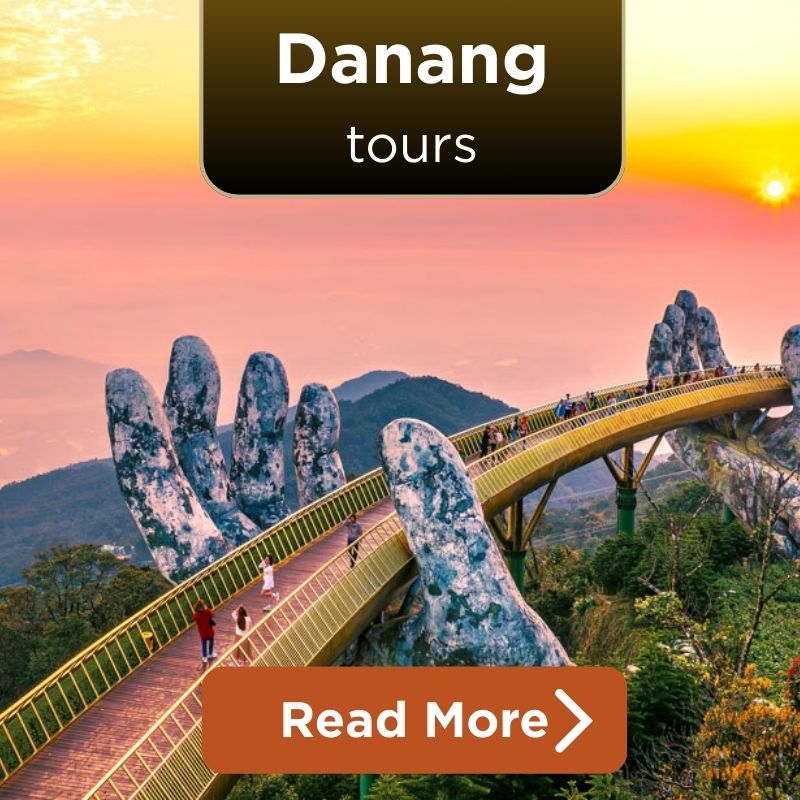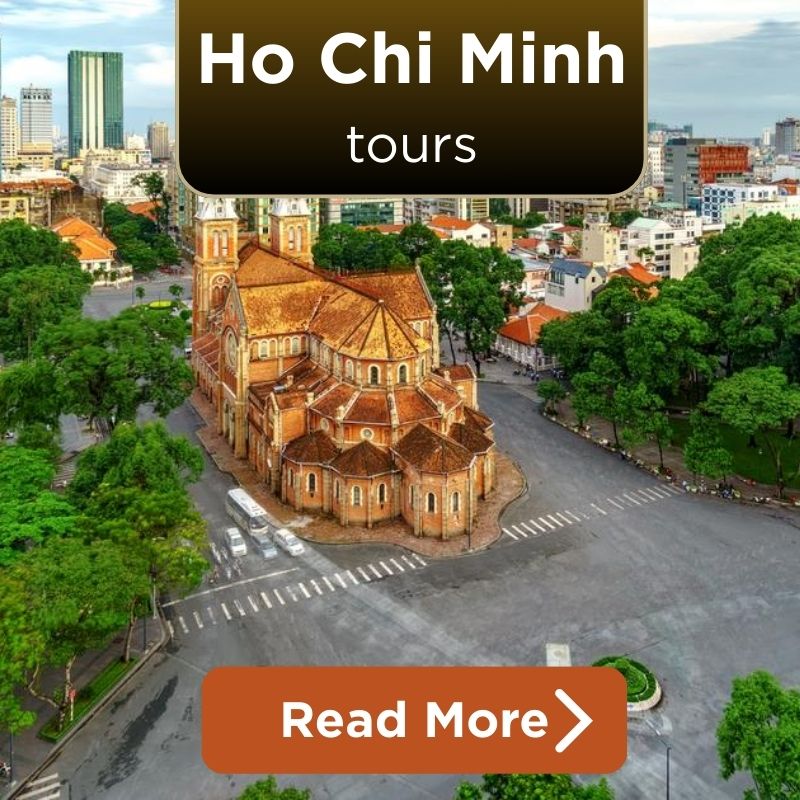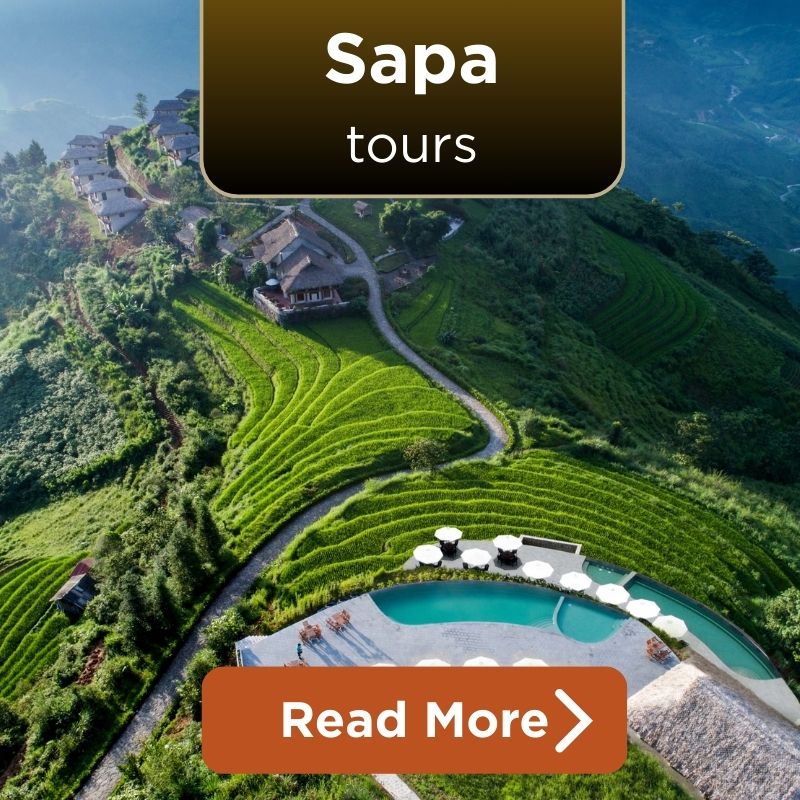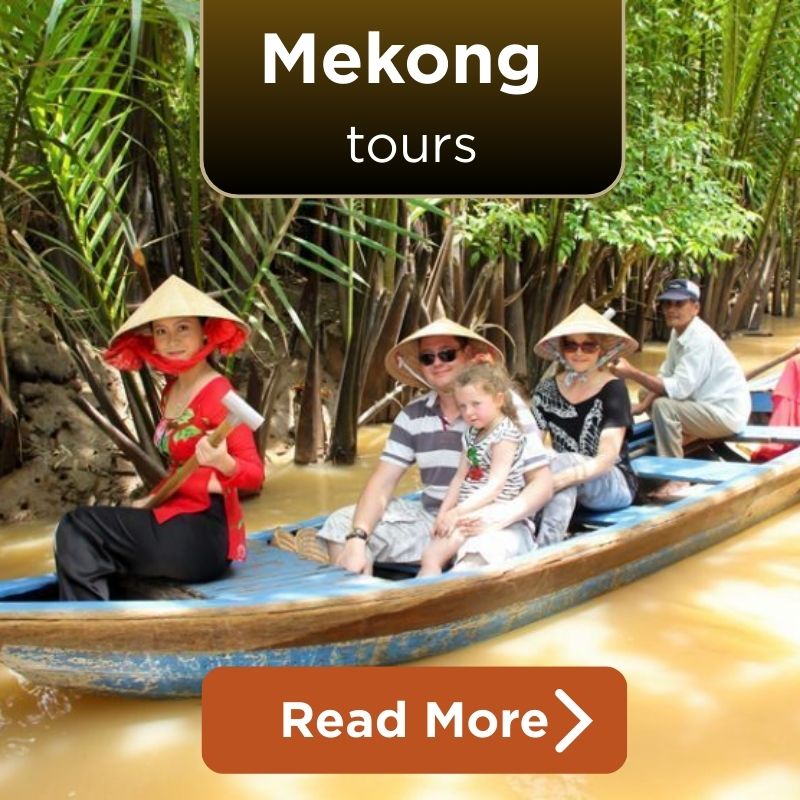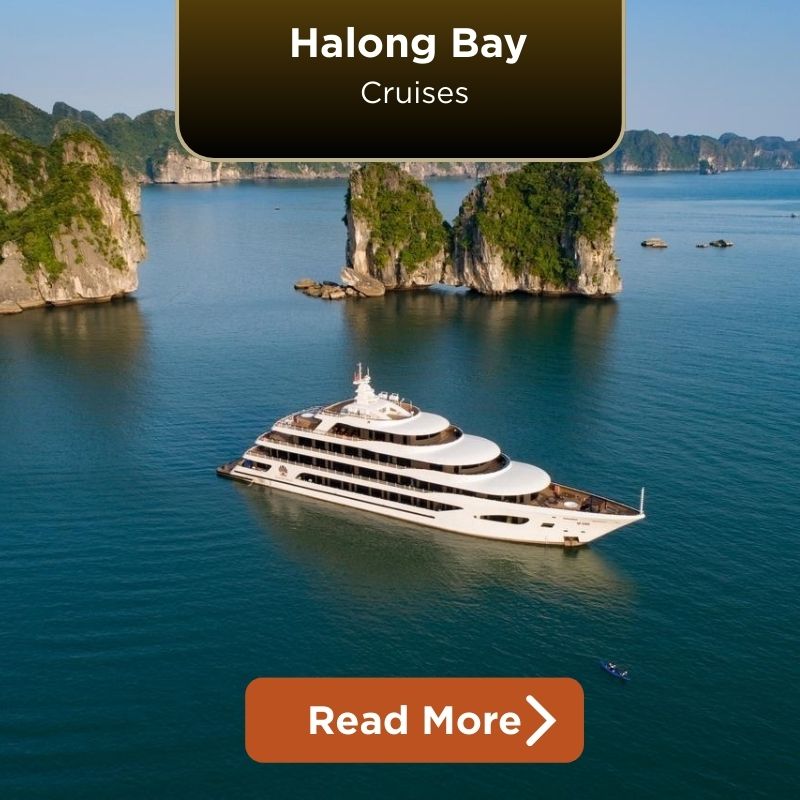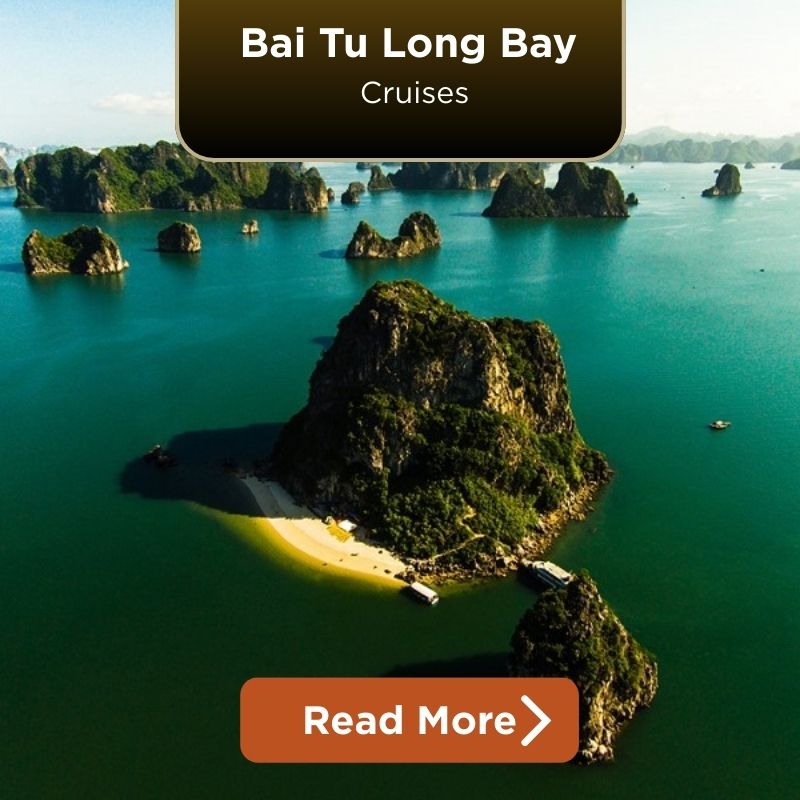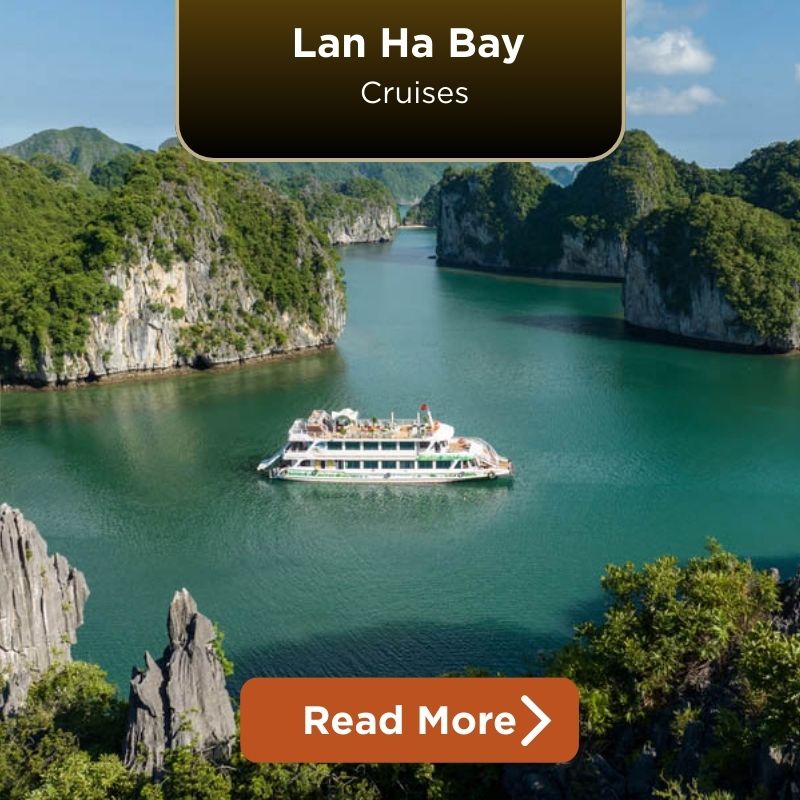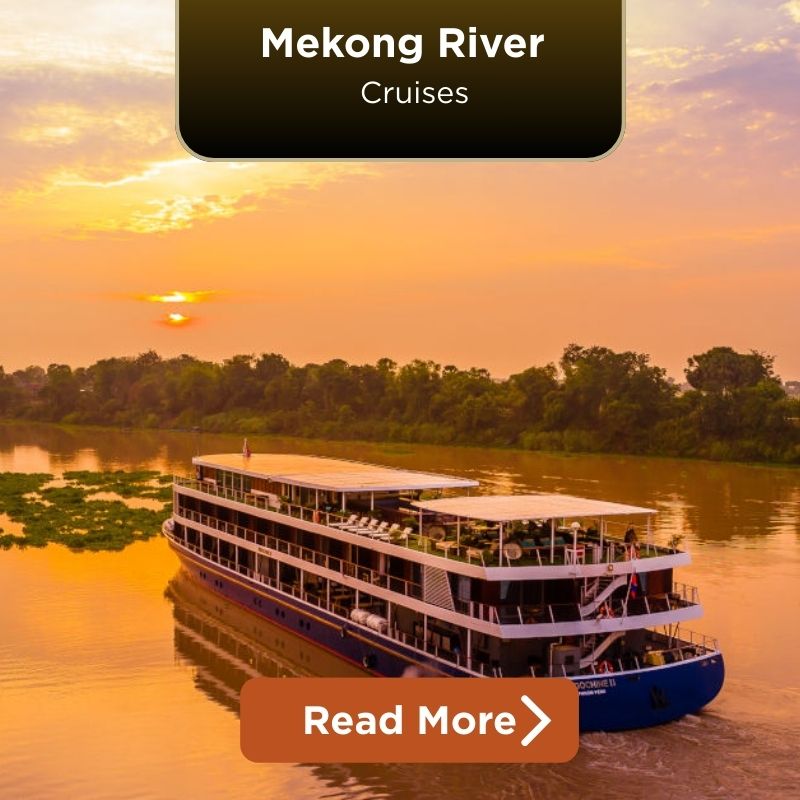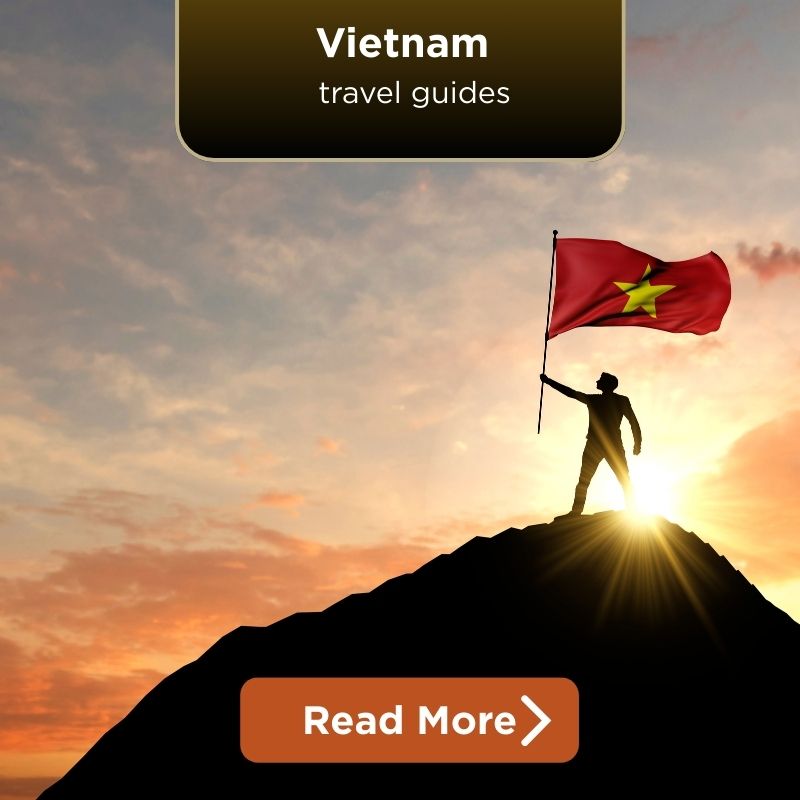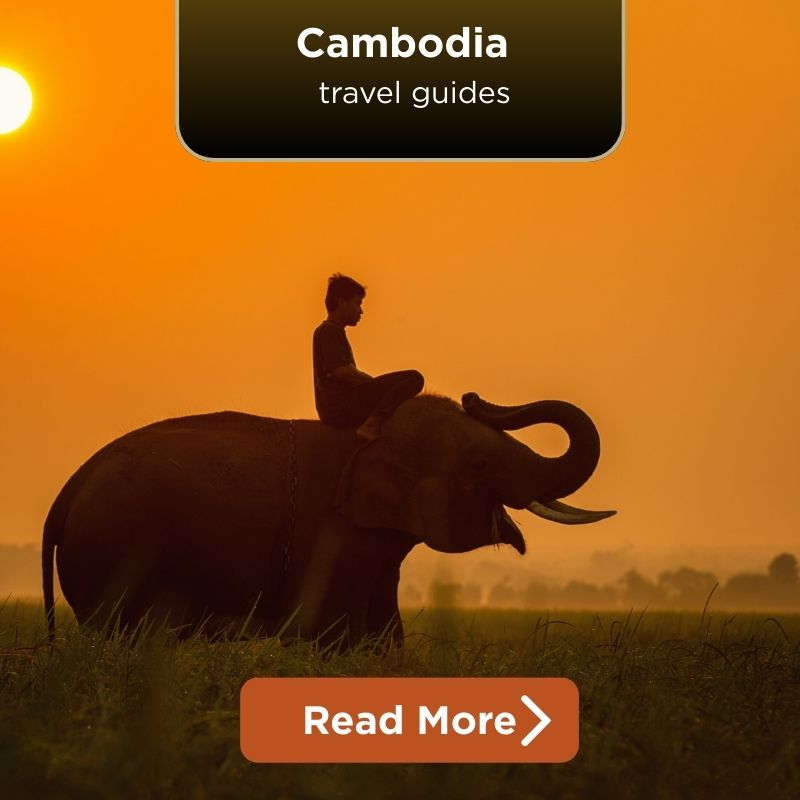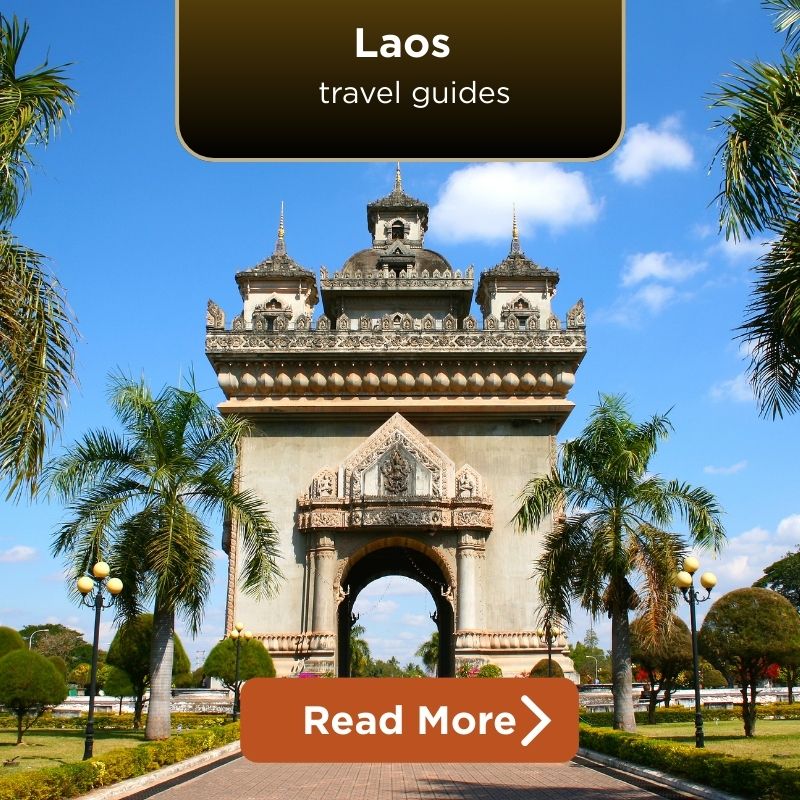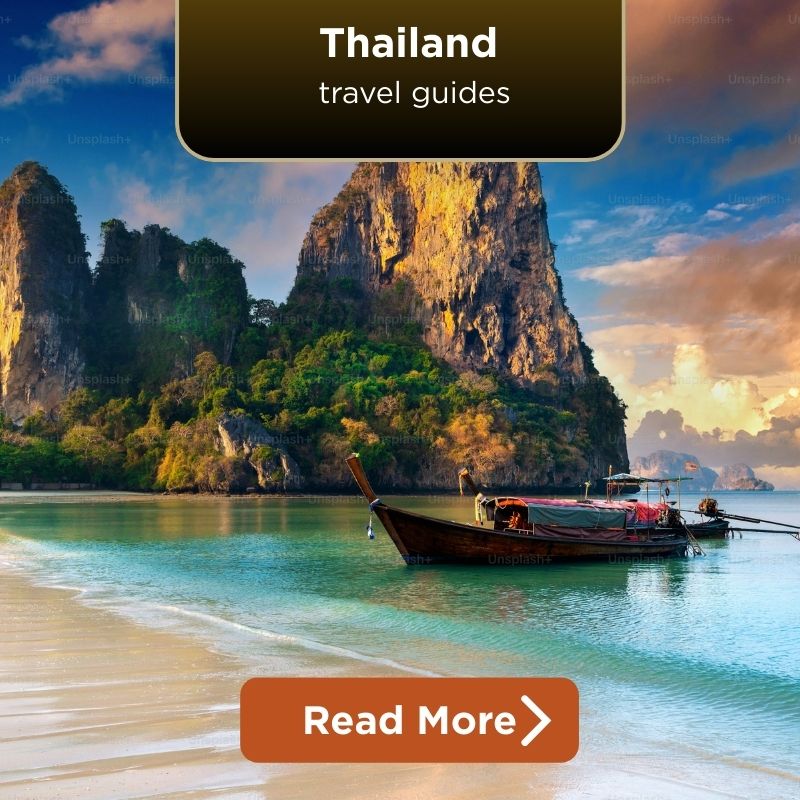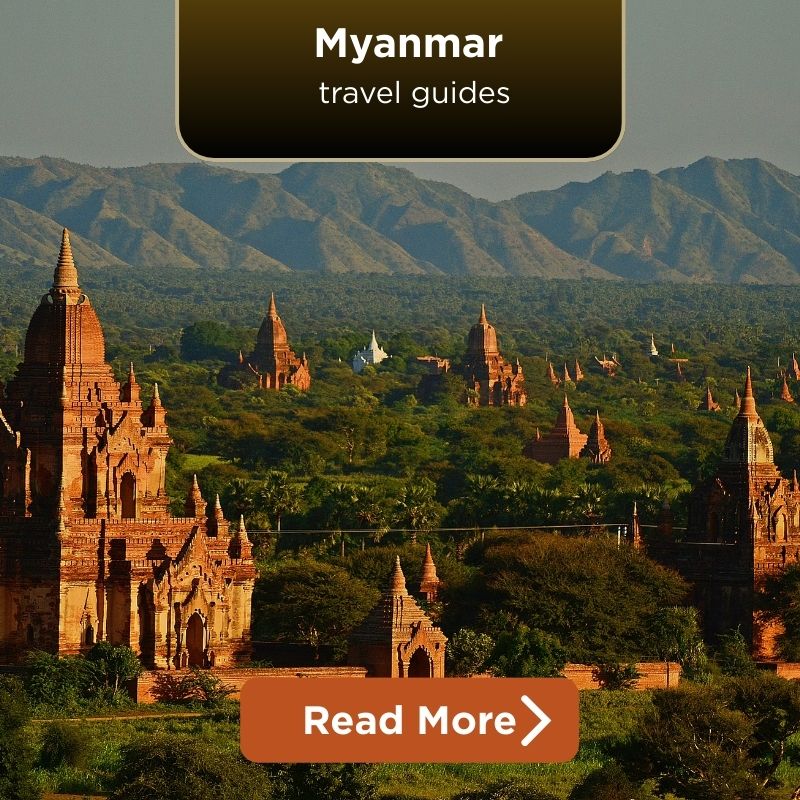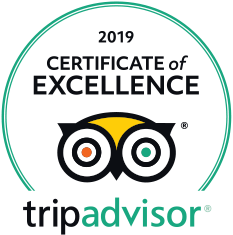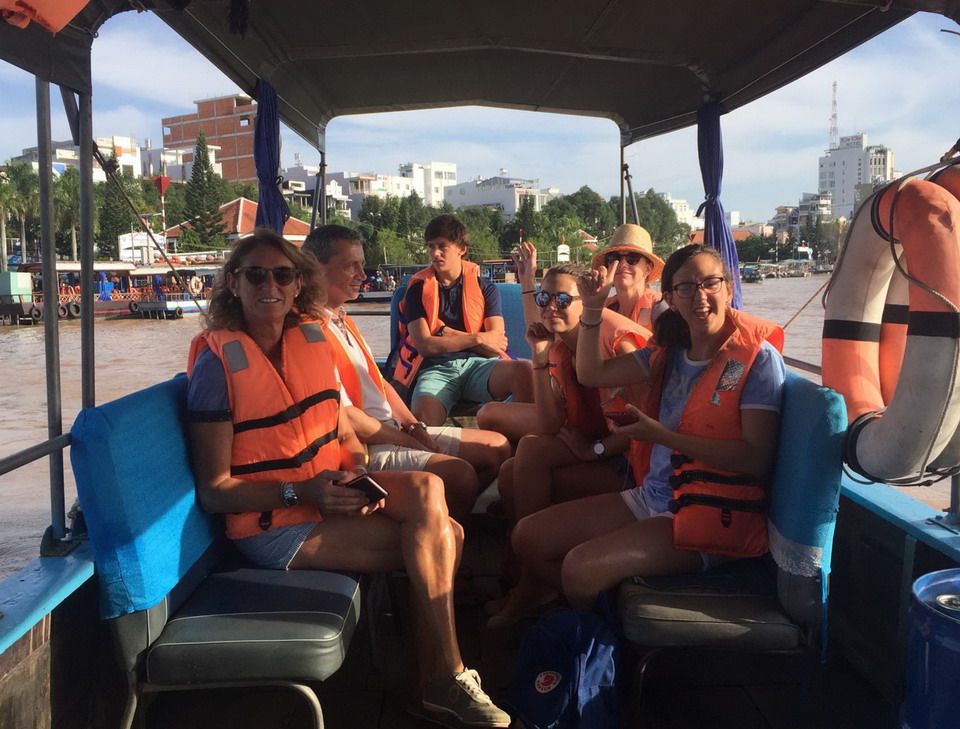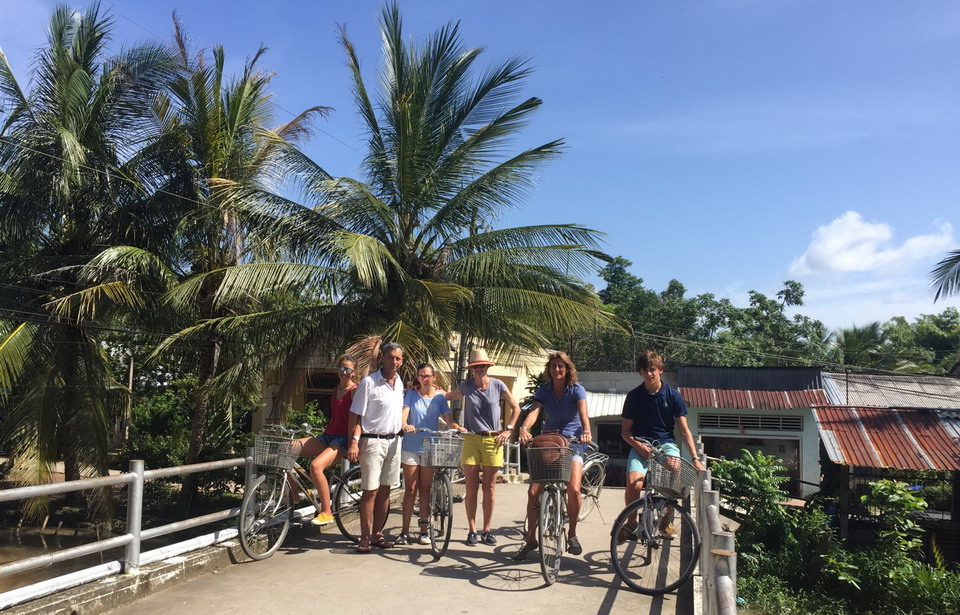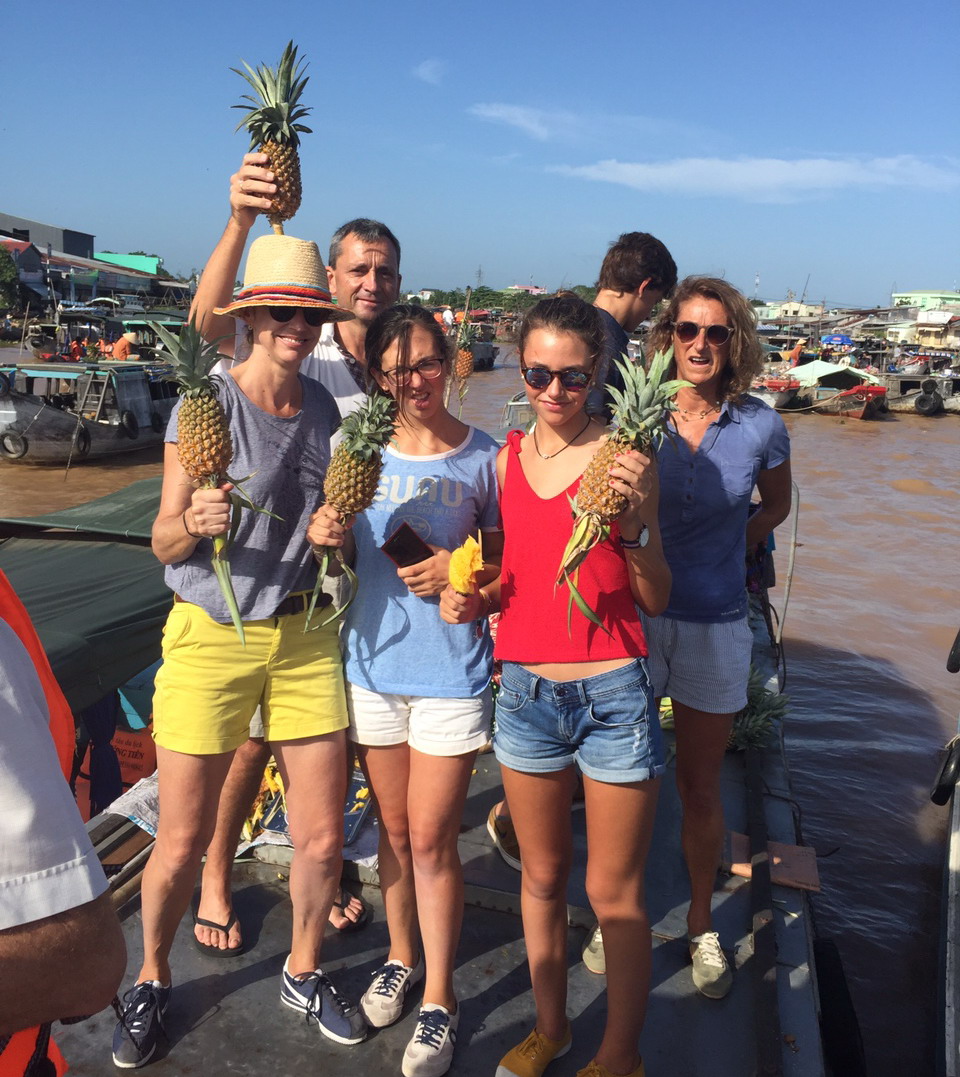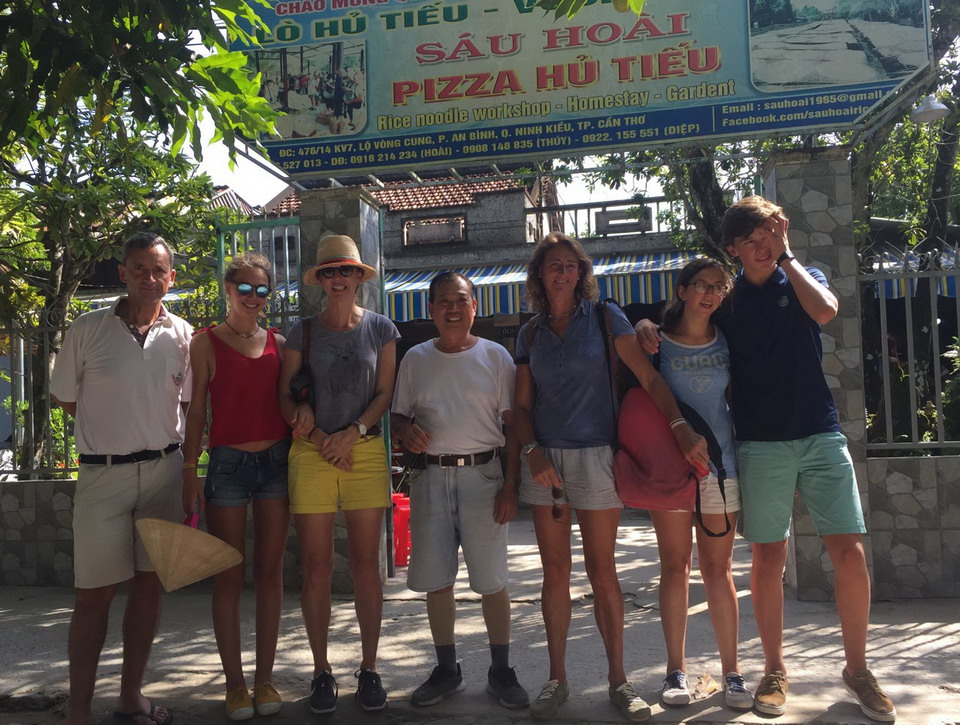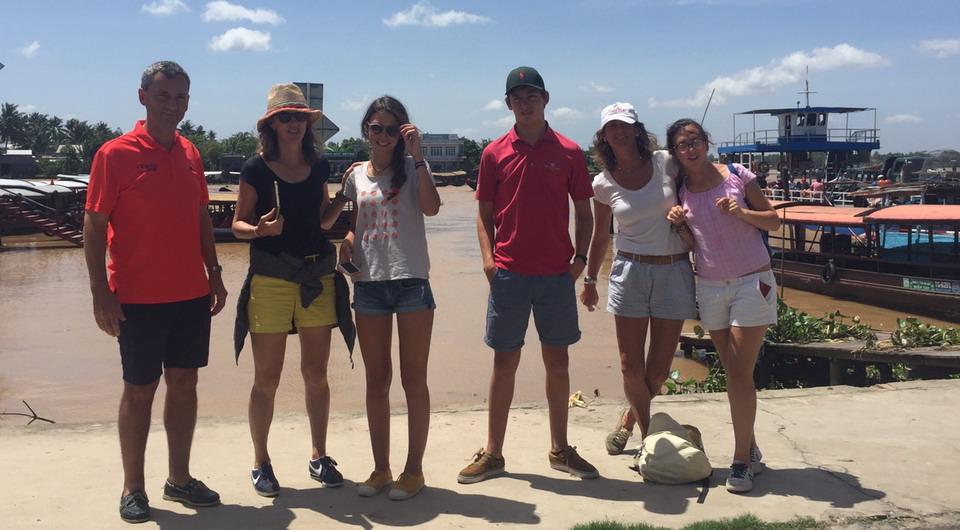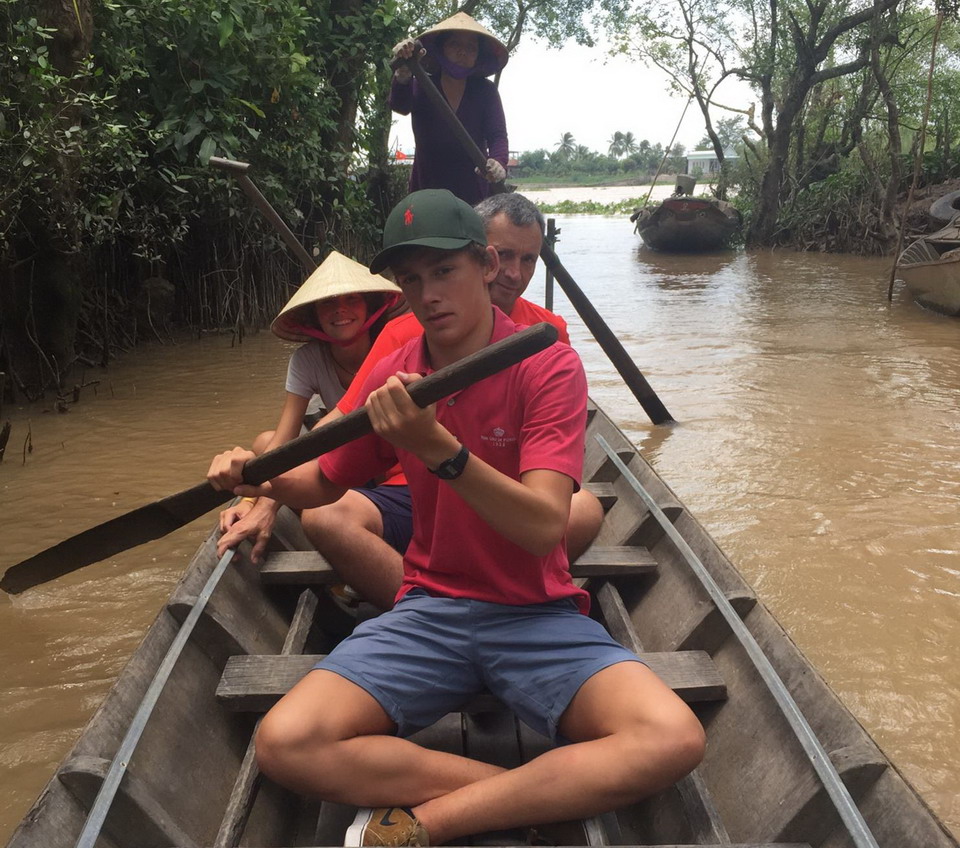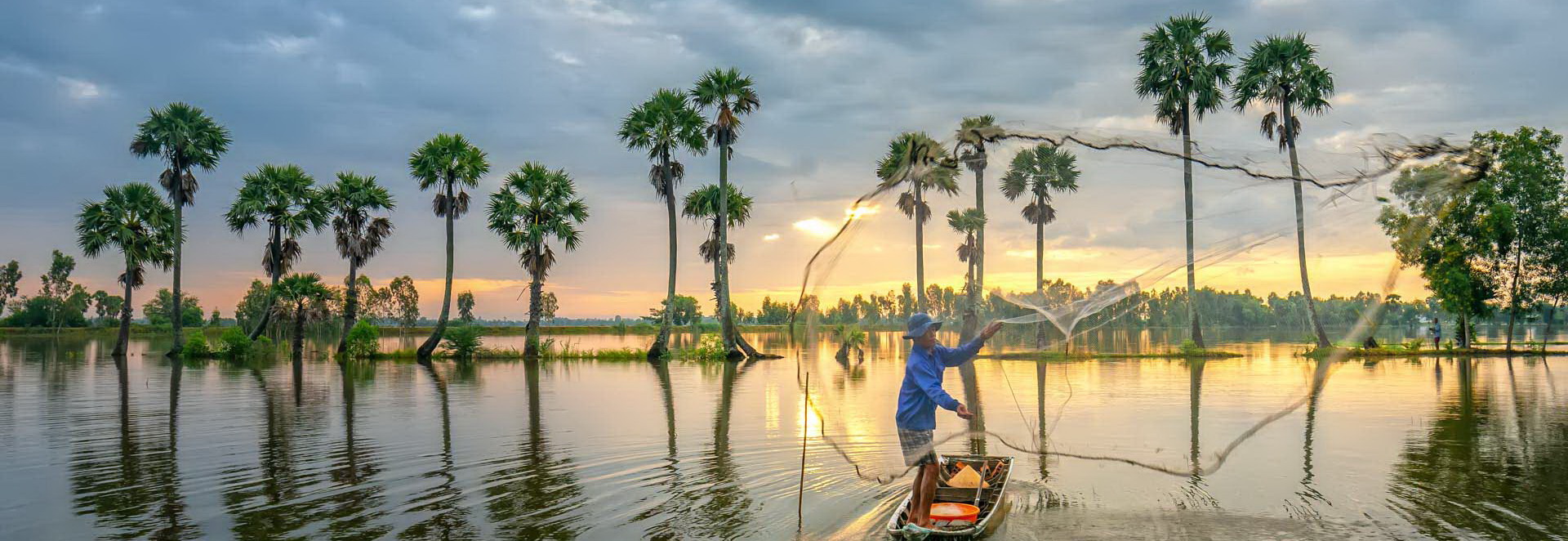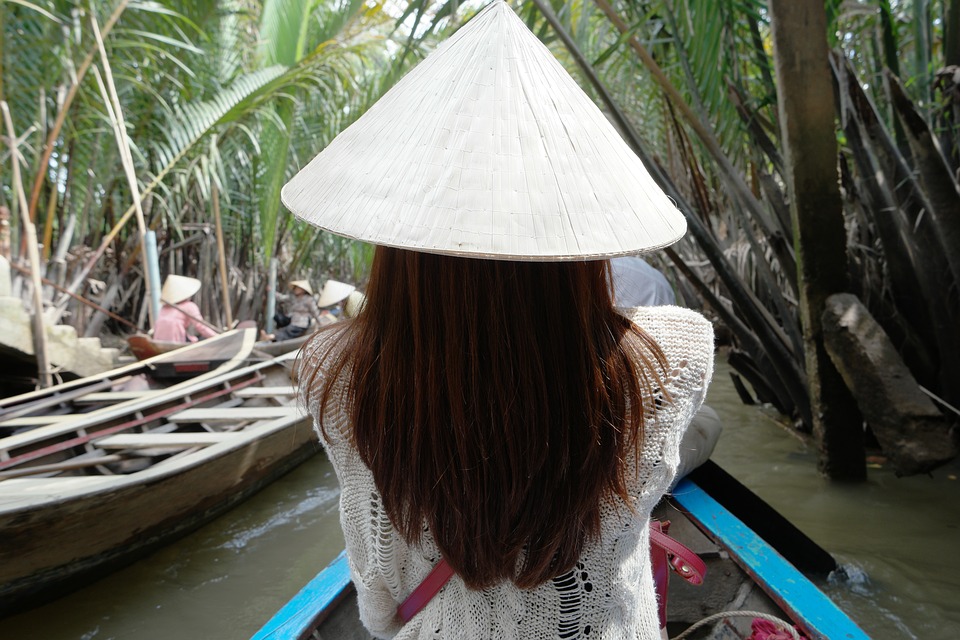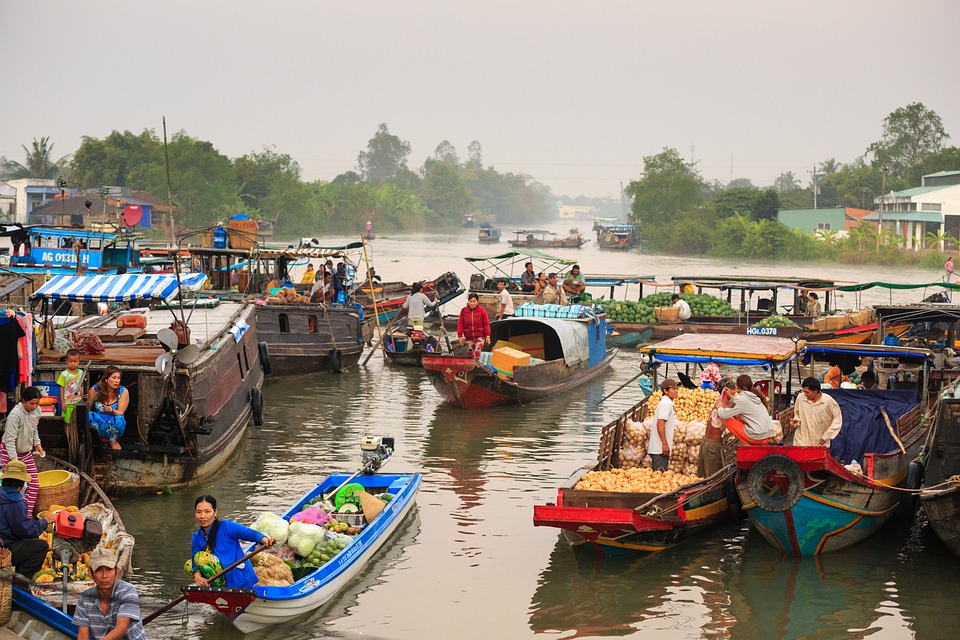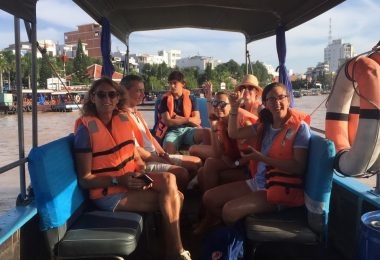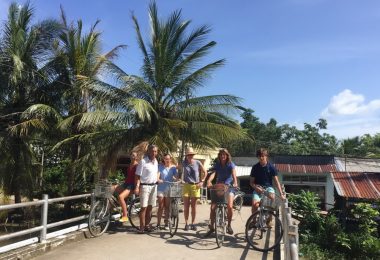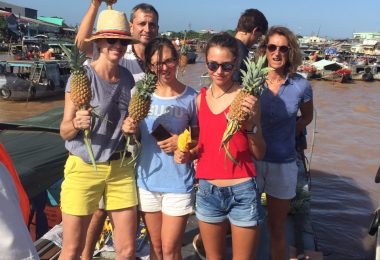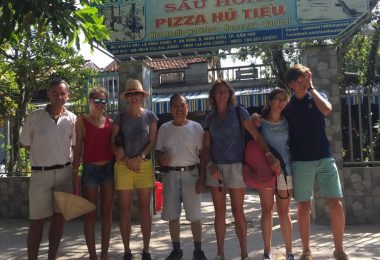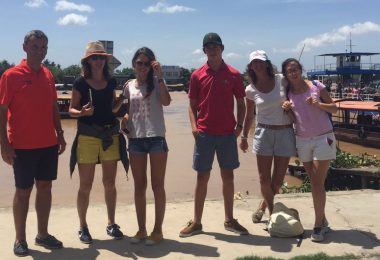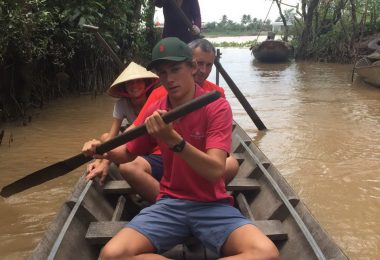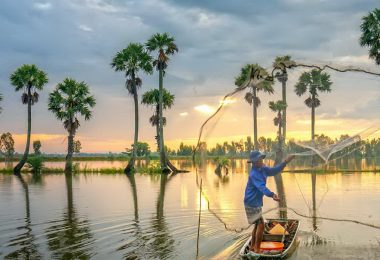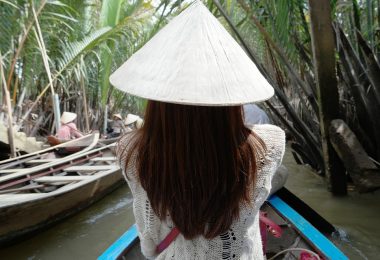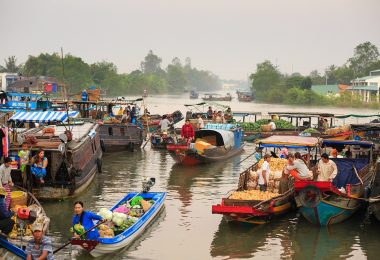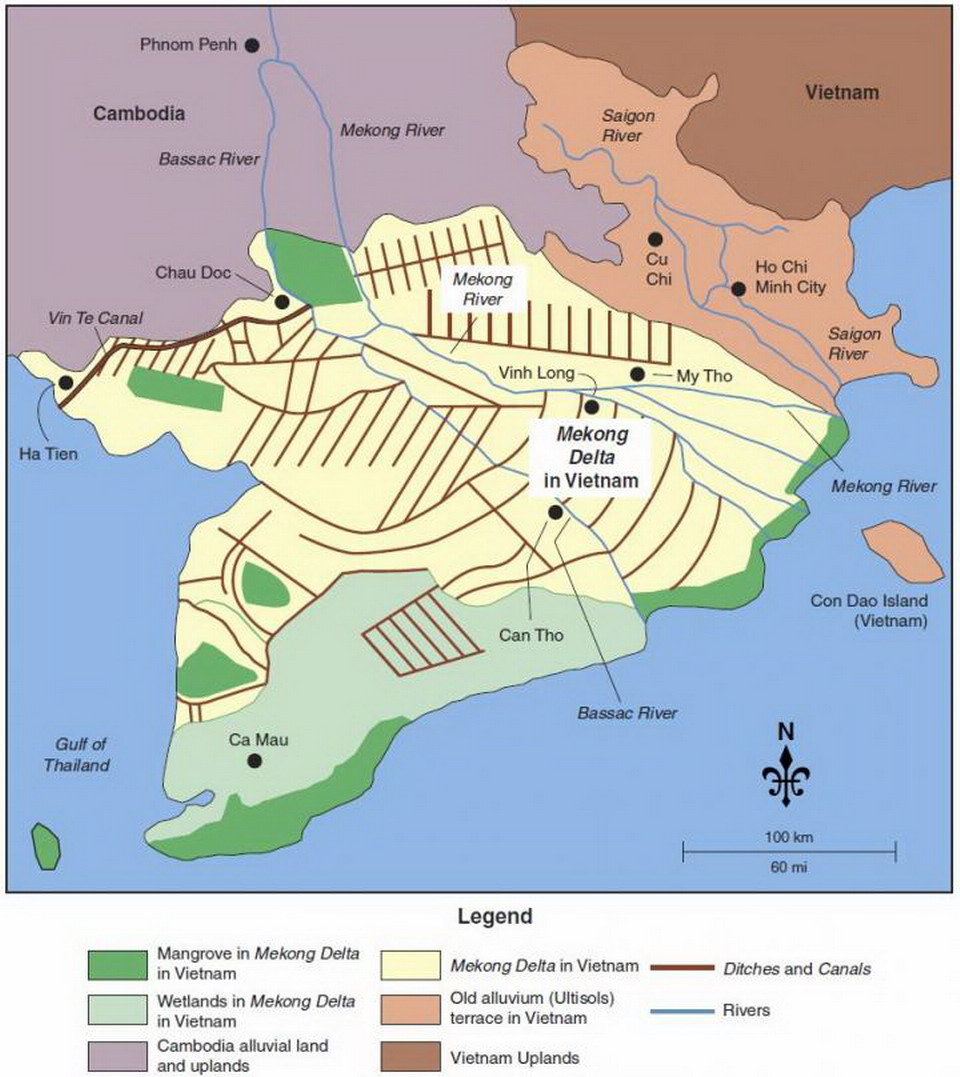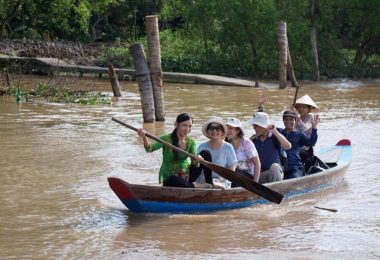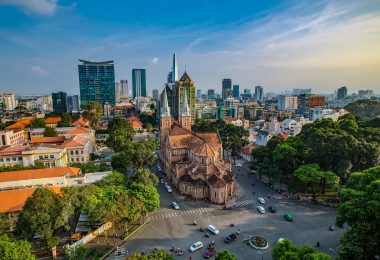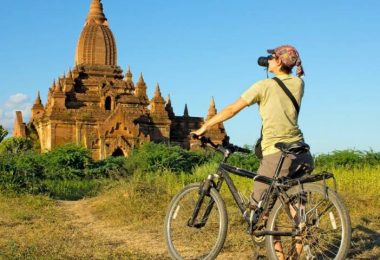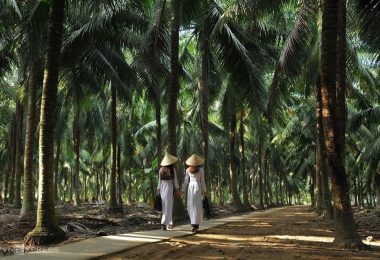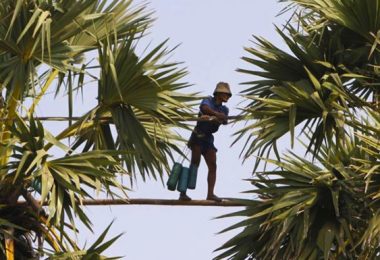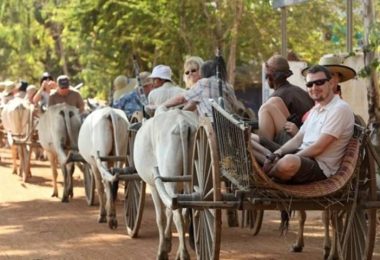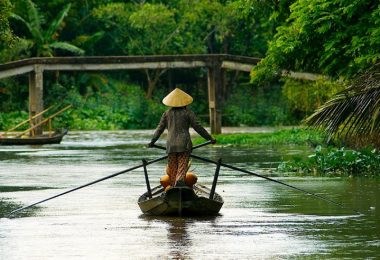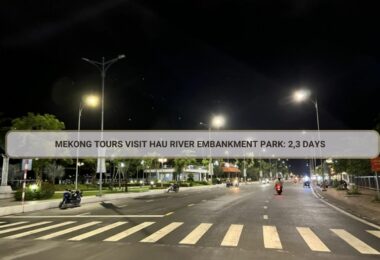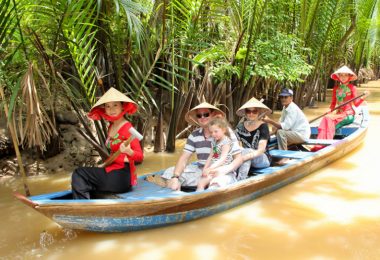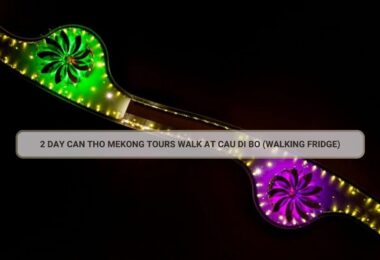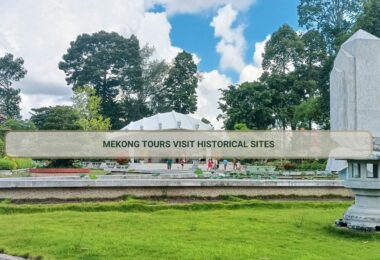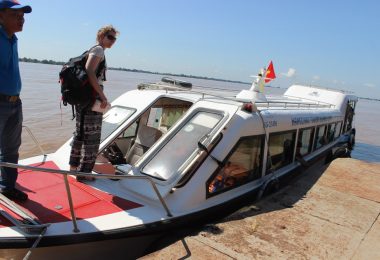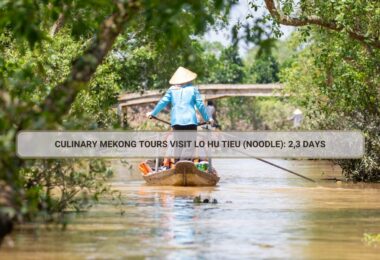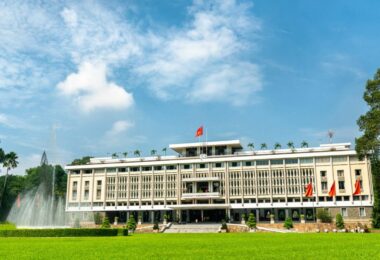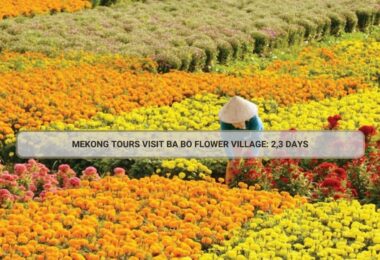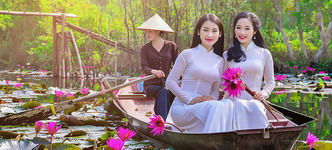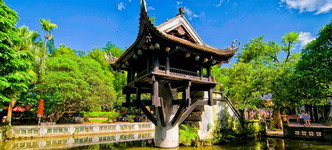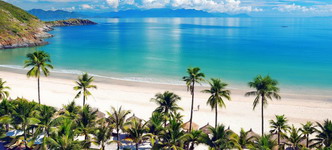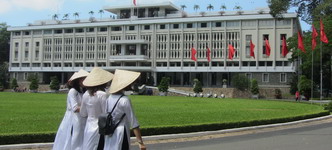The Mekong Delta, also known as the West or Southwest, is a unique tourist destination of Vietnam. Famous for its maze of rivers, lush countryside and rich heritage, this vast region is filled with nature and life. Therefore, this article delves deeper into learning about traveling to the Mekong Delta. In this guide, we’ll explore its natural beauty, cultural significance, and some of the amazing things you can do in the Mekong Delta. We’d also like to outline for you why this is a must-see area and what really makes the forests, coast and hinterland so great – while also providing a glimpse of number of things you can experience here.
Geographical and Cultural Background of the Mekong Delta
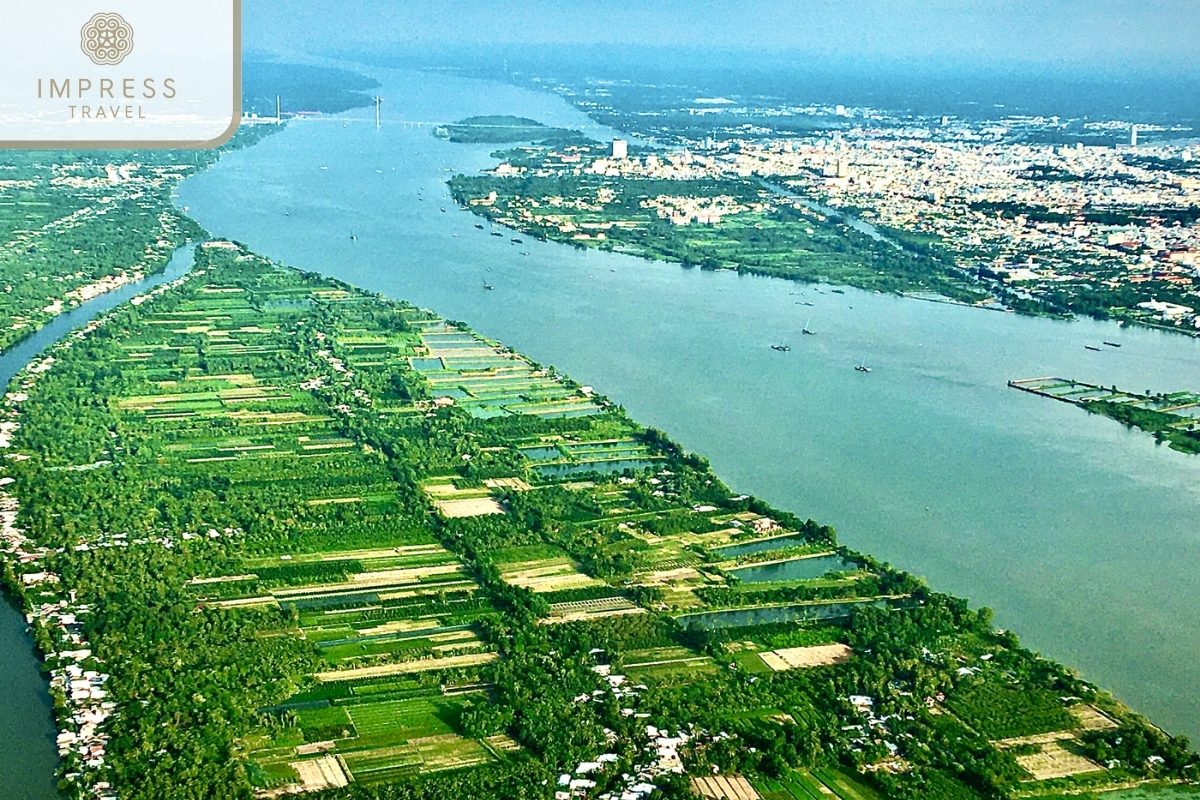
Mekong Delta seen from above
The Mekong Delta is spread across 13 provinces in the southwest area of Vietnam, over 40,500 square kilometers of land. A fertile region with a large network of rivers, canals and swamps that makes it ideal for a great diversity of flora and fauna. The Delta abounds in fertile land: it is one of the larger rice producing areas of Vietnam; orchards of tropical fruits; and aquaculture has developed.[…]
The Mekong Delta is a cultural melting pot with communities of Vietnamese, Khmer, Chinese and Cham living together. This plurality of way of living is evident even through the regions faired, food, and daily living. The Mekong Delta is one of the most important trading and agriculture regions in Vietnam, sustaining the country’s economy for centuries. This amazing combination of cultural influences and historical significance makes a visit to the Mekong Delta a real eye-opener.
Key Attractions and Activities
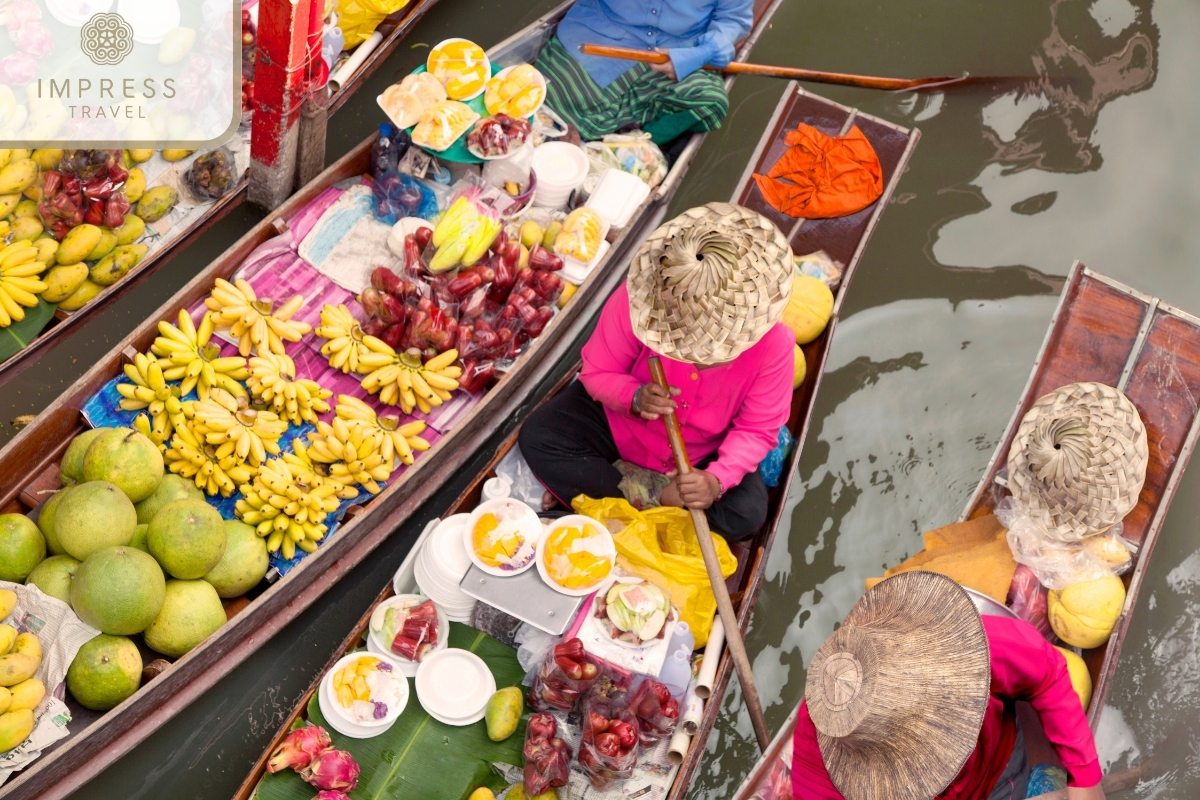
Floating Markets
Floating Markets
Visiting its floating markets is one of the most iconic experiences of traveling to the Mekong Delta. Keeping an eye on these markets in Cái Răng and Phong Điền, however, we can grab a flip to the local lives that sparkle around them. Vendors sell a wide range of items off their boats at these markets, which are an explosion of colors reminiscent of photos from Southeast Asia.
While there, visitors can shop for fresh fruits, vegetables and local foods while taking in the sights and sounds. The evening is more desolate, so you better off in the morning at the time when markets are busy. Many tours take you to visit these markets with guides that give you an intro and great tips on how to tackle these markets to your full advantage.
Ecotourism and Nature
Mekong Delta – Nature and ecotourism: The Mekong Delta is a paradise for nature and ecotourism followers. Rivers, canals and extensive orchards punctuate its verdant landscapes. Among popular ecotours are the Trà Sư Cajuput Forest and the city of Cần Thơ.
Those headed for the Trà Sư Cajuput Forest, meanwhile, can wade out into the wetlands and observe the local birdlife. With an array of bird species in the area, bird watchers should feel right at home. In Cantho visitors can take boat trips to experience the natural beauty of the Delta in a more authentic way, as well as go up in to the interior canals to look at how life is locally.
Exploring the villages on a cycleRiding through the villages is another favourite activity, to get a feel of the rustic rural life. These activities not only show off the landscapes and the communities that call León home, but also provide you with a peek at their day to day lives.
Local Life and Traditions
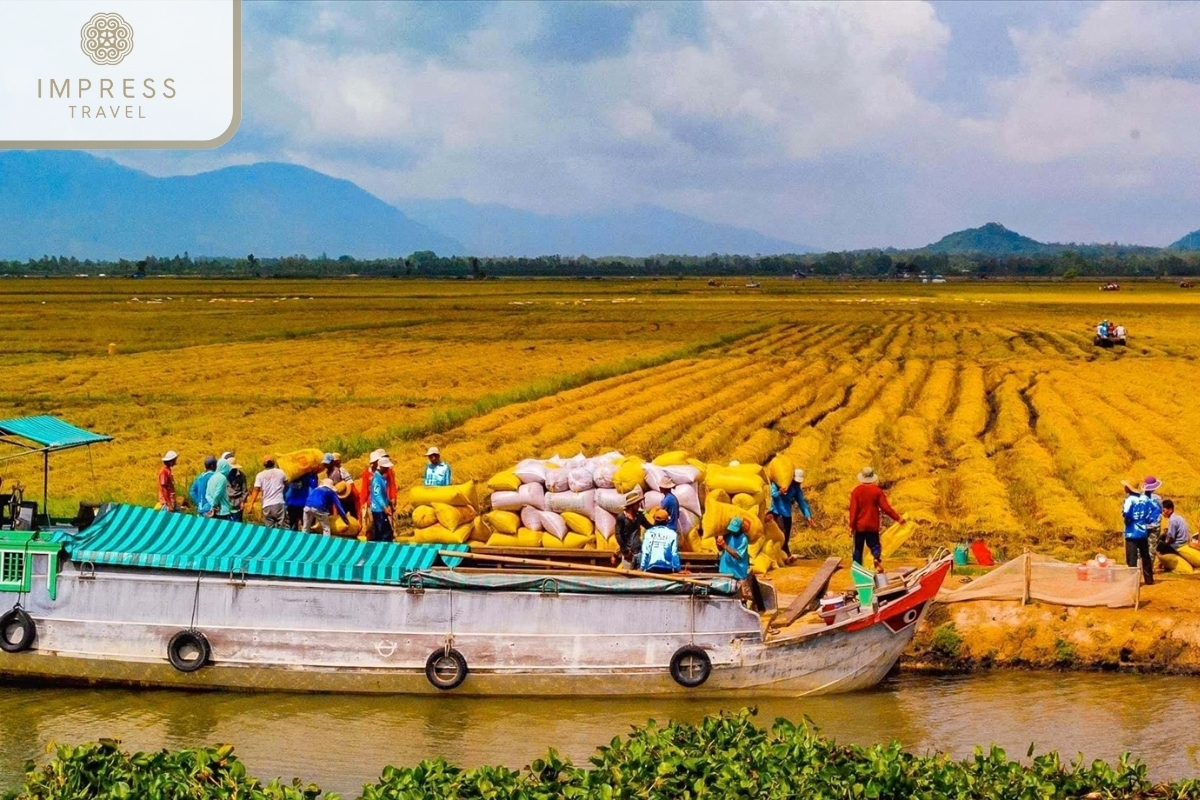
Agricultural activities
Heading to the Mekong Delta provides a unique opportunity to get a real insight into daily life and the traditional customs that permeate this bustling region. The rivers and waterways that weave through the delta are inextricably linked to the daily life of its residents. The local economy relies heavily on agriculture and fishing, activities that visitors can experience firsthand.
Farming and Fishing
The local farming and fishing is one of the most satisfying to get involved with. The Delta is the “rice bowl" of Vietnam, home in its vast rice paddies extending as far as the eye can see. Tourists can help farmers with planting or harvesting the rice, and learn about the traditional techniques that have been used for generations. Similarly, fishing plays an important role and the local fishermen practice some different methods to catch fish, and other aquatic creatures. A day spent on the boat of a local fisherman is a hands-on, fun, learning experience.
Traditional Crafts
The Mekong Delta is famous for its traditional crafts that mirrors the enterprising spirit and creativity of its inhabitants. The workshops demonstrate craftsmen preparing lovely, hand-made artefacts from coconut shells, bamboo, and water hyacinth. These crafts which serve as collectable souvenirs offer a rare glimpse into the everyday life and talents of local artisans.
Homestays and Community Activities
To allow a visitor the pleasure of living with a local household and to get the feeling of being one among them, homestay is the best way. Staying at homestays is a way to experience the local life, share meals and also accompanyin them during their daily activities. Fresh, deliciously prepared dishes, using locally bought fresh ingredients would be one of the biggest highlights of living in a homestay. It offers visitors the chance to get hands on in the kitchen, learning how to cook regional favourites including bánh xèo (Vietnamese pancakes) and cá lóc nướng trui (grilled snakehead fish).
Common pre-departure activities include school visitation, culture presentations or community service projects Such experiences can not just add to travel experience but also help you to bond with the locals of Mekong Delta.
Historical and Architectural Sites
The Mekong Delta boasts some historical and architectural highlights that attest its multi-faceted cultural legacy. Visiting these sites can offer a great sense of the history in the region and how it has evolved culturally through the years.
Vĩnh Tràng Pagoda
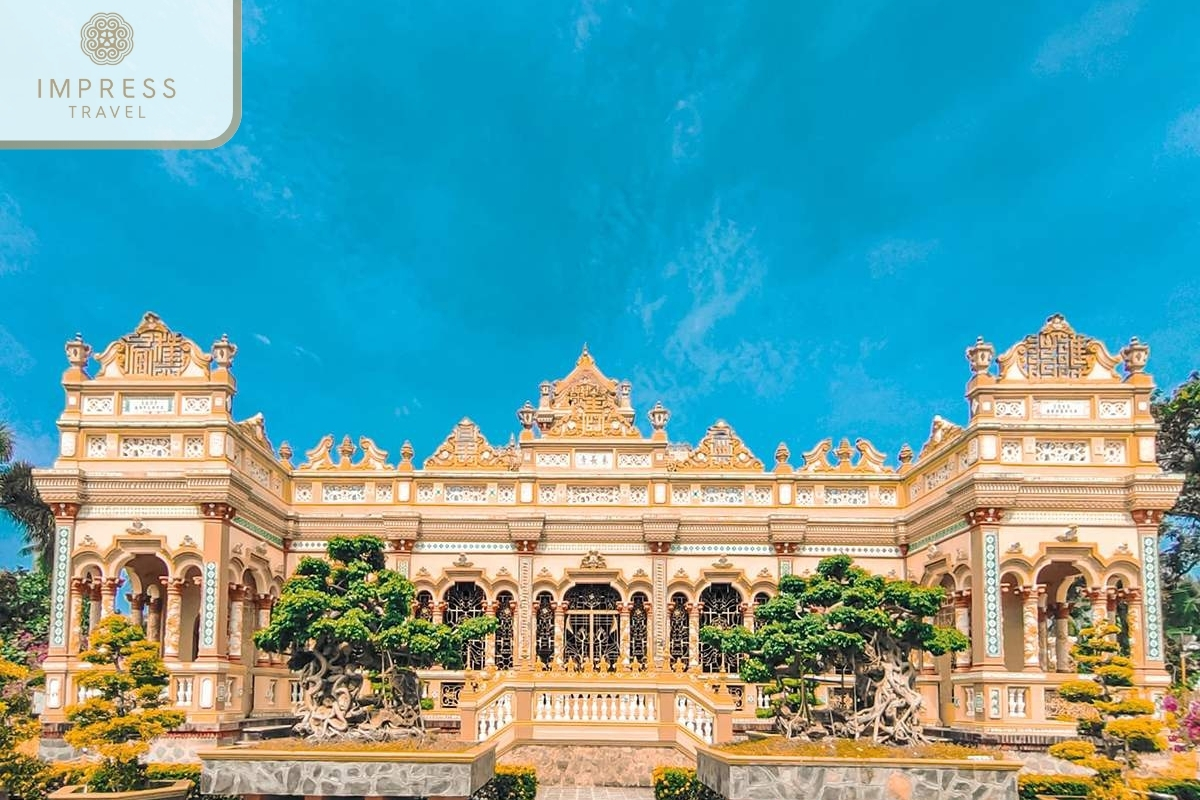
Vĩnh Tràng Pagoda
Embedded above the Vĩnh Tràng Temple stays the massive Vinh Trang Pagoda, topographically situated in Sinh flood-plain, Mỹ Tho, one of the major pagoda in the region of Mekong Delta. This striking pagoda in a best example of the cross-cultural architecture of the Vietnamese, Khmer & Chinese cultures throughout the region. The structure is made well decorative with carvings, statues and marvelous mosaics and is in the midst of wonderful gardens. They may do this by walking through the different halls and shrines that provide information on the history and religious prestige of the site. With the landscape is quiet and the magnificent architecture, Vĩnh Tràng pagoda welcomes a congregation of both Vietnamese people and Internationals who love to experience the cultural legacy of the south west region.
House of Huỳnh Thủy Lê
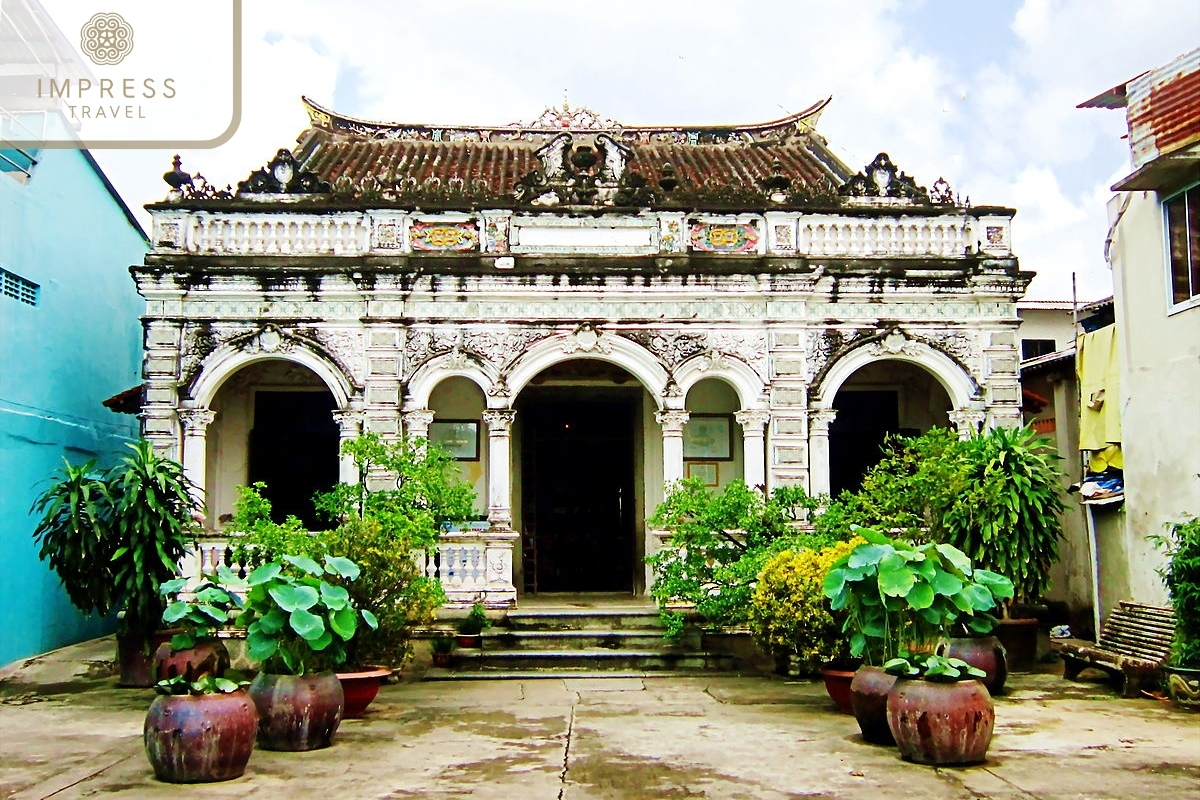
House of Huỳnh Thủy Lê
The House of Huỳnh Thủy Lê, located in Sa Đéc, is a beautifully preserved colonial-era building that offers a glimpse into the history of the region. This historic house belonged to Huỳnh Thủy Lê, a wealthy Chinese businessman, and is famous for its connection to the French writer Marguerite Duras. The house features a blend of French and Chinese architectural styles, with intricate woodwork, antique furniture, and historical artifacts. Guided tours are available, providing insights into the life and times of the Huỳnh family and the cultural interactions between the French and Chinese communities in the Mekong Delta.
Tràm Chim National Park
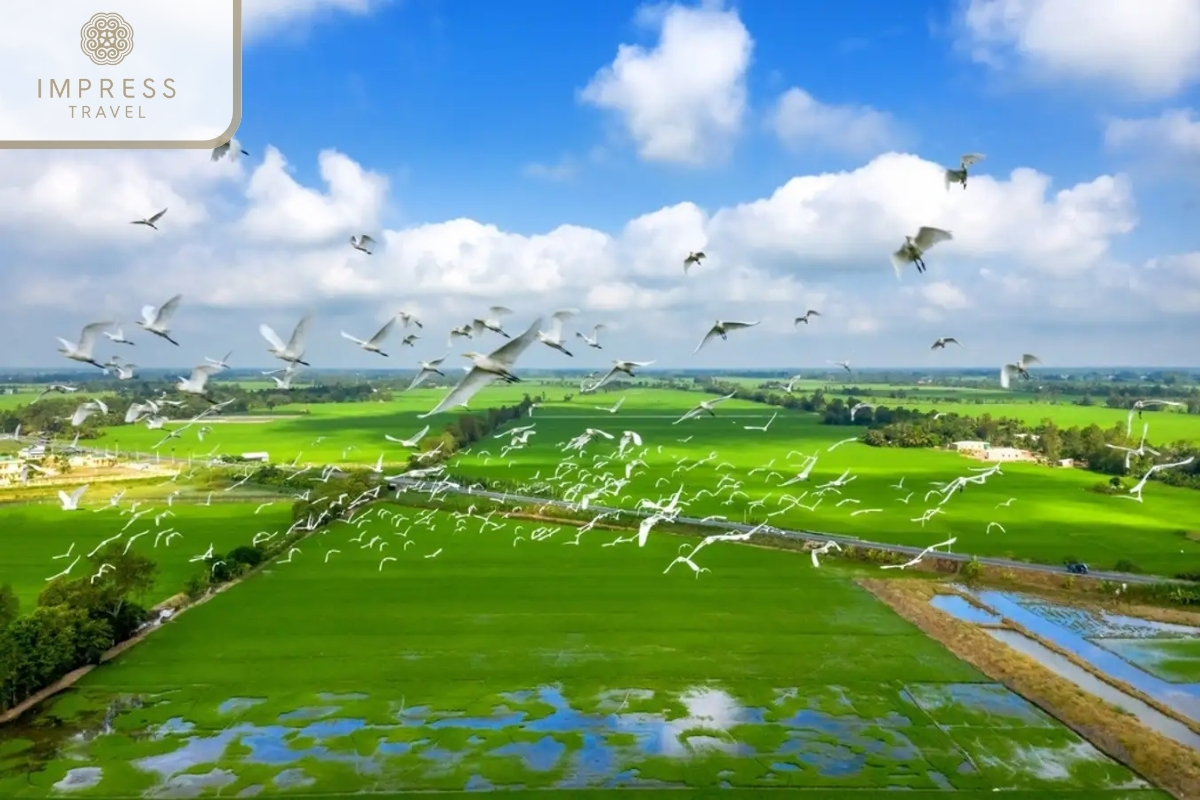
Tràm Chim National Park
Tram Chim National Park is an intensive destination that appeals to both nature lovers as well as history buffs. Bird of all types and a range of other wildlife thrive in this protected area, which provides the perfect place for bird watching and wildlife photography without even moving from the conveniently located hotel-yurt village. In addition, the park has ruins of historical interest, for example the remains of life after the war in Vietnam, there is a similar peace combining natural landscapes and historical contexts.
Practical Considerations
Travel Logistics
If you are considering a visit to the Mekong Delta, longer time periods must be spent on preparing. Dec-Apr is the dry season and the best time for travelling here (there are twelve super-cute thatched villas to stay in) for optimal viewing conditions. It is one of various ways to reach the Delta from cities like Ho Chi Minh City and there are plenty of options to choose from (buses, your private car or a guided tour).
Accommodation
There are budget homestays to luxury in Mekong Delta accommodation. Staying in a homestay is a much more immersive experience, and you would live with a local family, and participate in their daily lives. For those desiring a bit more comfort, there are many hotels and resorts that provide the modern convenience while still allowing you to enjoy the natural beauty and cultural appeal of the area.
Safety and Health Tips
Traveling to the Mekong Delta… What You Must Know Mitar Driza While travelinggroupwent with the official tour, others just kind of wandered along the jungle-track road all the way to the Cambodian border. Guests should remember to drink plenty of water and use insect repellant to keep away from mosquitoes. You should also drink bottled water and refrain from eating everything raw to prevent any health complications.
Health Precautions
If you decide to travel to the Mekong Delta, get fair warning: the Centers for Disease Control and Prevention recommends you be up-to-speed on vaccinations such as typhoid, tetanus, and hepatitis A and B. Malaria is low risk in the majority of the Delta, but it is still a good idea to take precautions like using mosquito nets and perhaps taking preventative anti-malarial drugs if recommended by a healthcare professional.
Local Weather
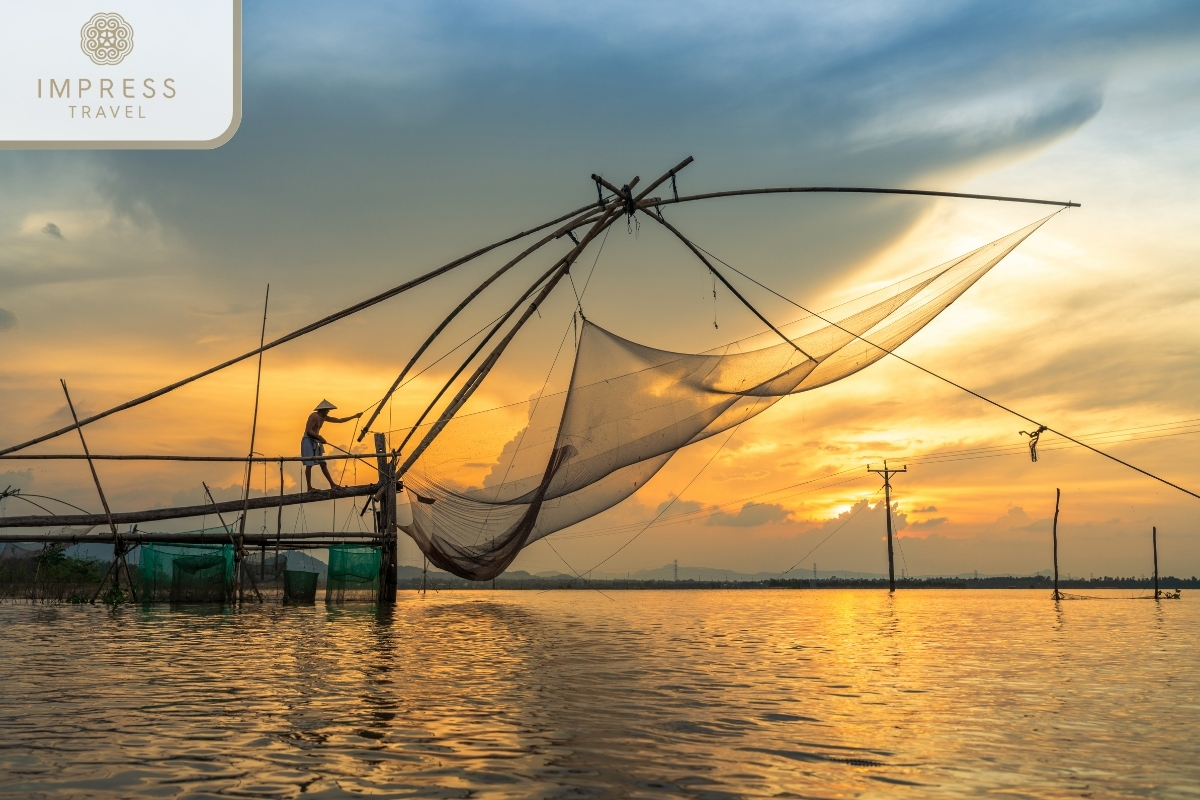
Aquaculture
Tropical climate in Mekong Delta The Mekong Delta has a typical tropical climate, with very high temperature, 25°C to 35°C (77°F to 95°F. During the wet season from May to November, significant rain can fall and may cause high water levels with flooding in some areas. Being up-to-date with the local weather and planning ways around this can be included in the plans of your group.
For those planning a trip to Vietnam, incorporating a visit to the Mekong Delta alongside other destinations such as Danang Tours will provide a well-rounded and enriching travel experience. The Mekong Delta’s diverse attractions and activities offer something for everyone, making it an ideal addition to any travel itinerary.
Pros and Cons
Benefits of Visiting
Visiting the Mekong Delta is very beneficial. An absolutely unique experience combined with its cultural immersion opportunities make one a great spot on your travel list. From green areas to colorful floating markets, visitors can enjoy breathtaking natural landscapes. The low price-point of the Delta also makes it a popular choice amongst price-sensitive travellers.
Potential Drawbacks
That being said, there are some possible cons with it. At popular places tourists could potentially cheapen the overall authenticity, and language barriers could confuse. Moreover, the overall infrastructure of the area is still getting ready, which makes travel as a little inconvenient. However, with a bit of planning, and ability to go with the flow, everything will go smoothly and your trip will be nothing but enjoyable!
Conclusion
Ultimately, it is likely to be worth it for anyone ardent to travel to the Mekong Delta and indulge of its unique type of experience. The rich cultural history, natural beauty and welcoming hospitality of the area make it a destination to be remembered. However, with proper planning and careful consideration of requirements, travelers can relish a visit in the heart of Vietnam.
In case you would be visiting Vietnam, adding Mekong Delta to the list of sites to explore alongside the other areas such as Danang Tours, you will definitely have a good travel destination. The Mekong Delta has a lot to offer visitors, and therefore is a region that can be included in almost any travel itinerary.Don’t forget to regularly follow our Fanpage for more interesting information about traveling Mekong to and to book Mekong Tours at the best prices.





